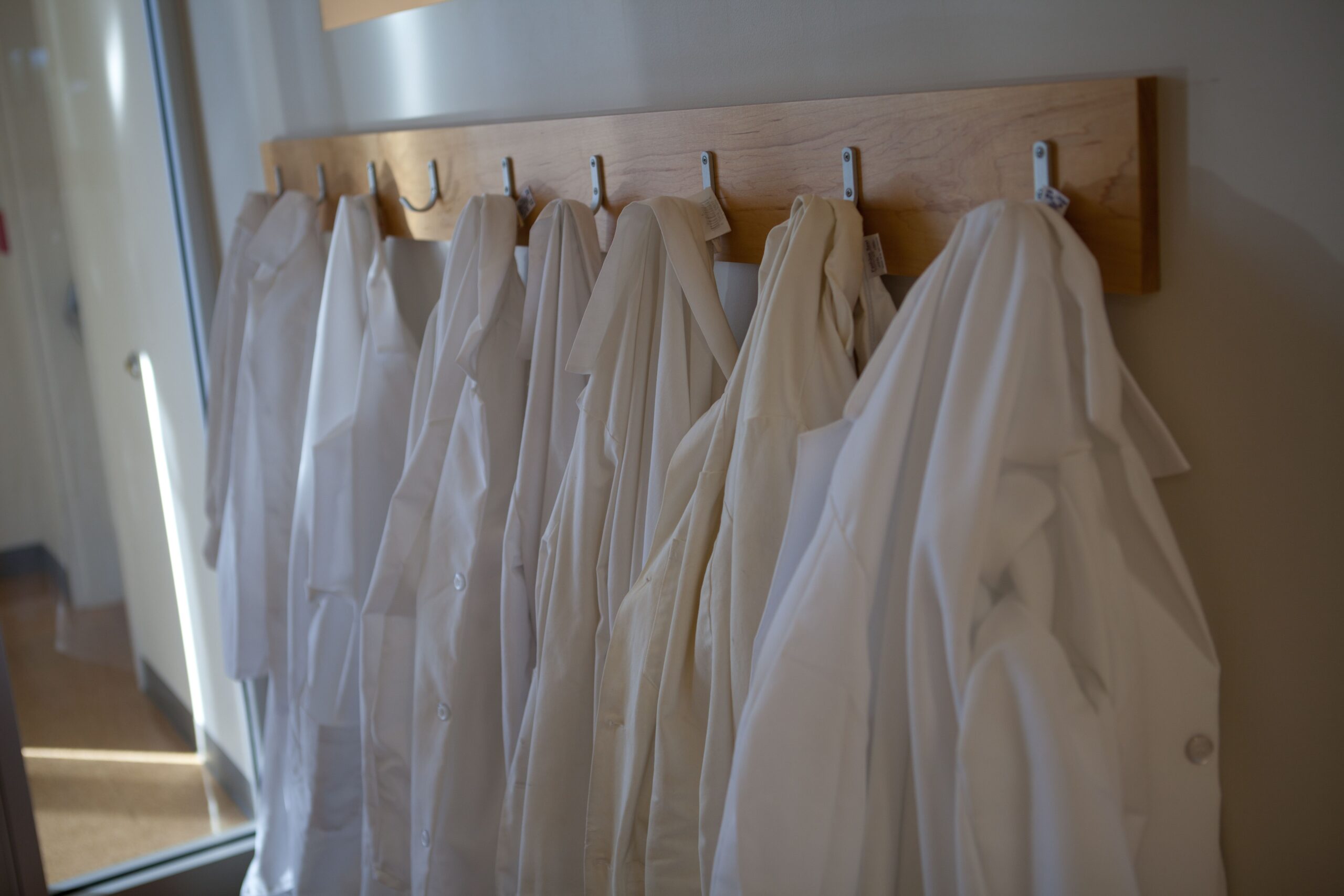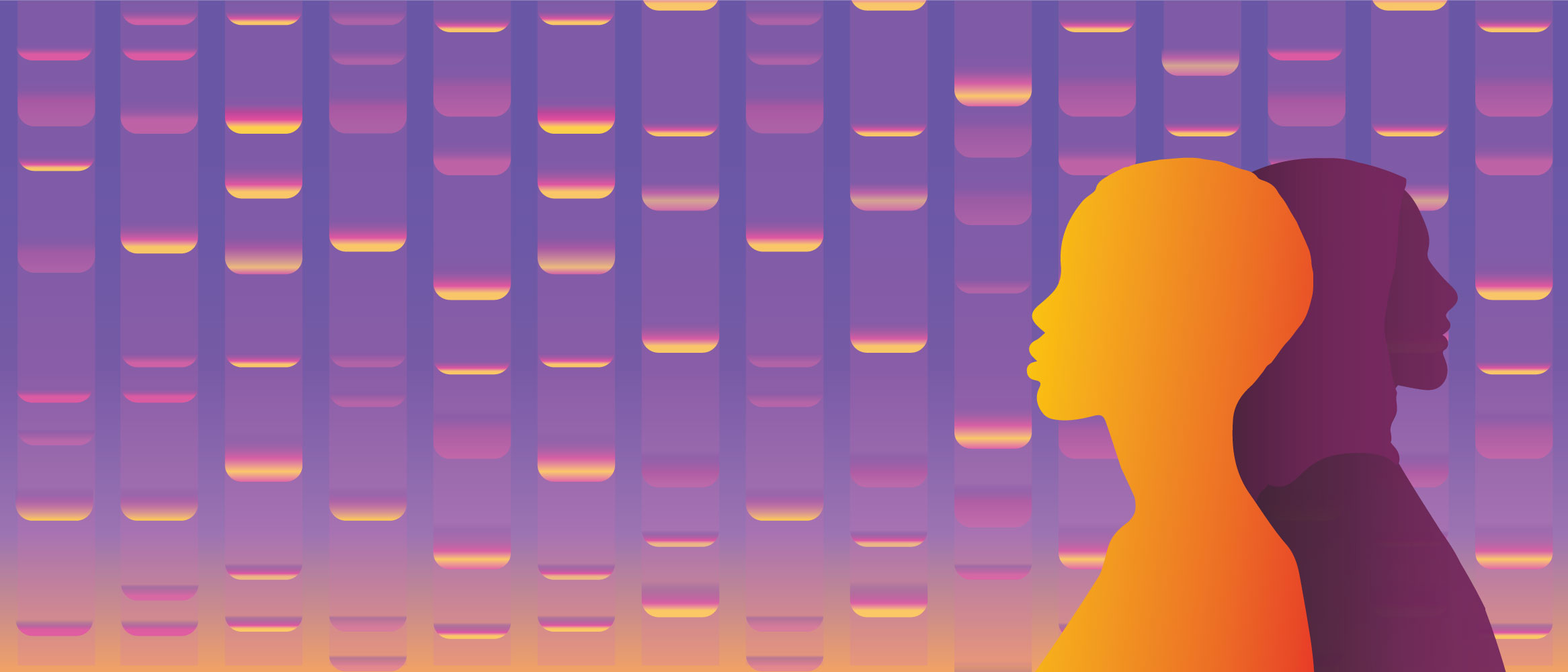
IGI’s Women in Enterprising Science Program Announces its 2024 Fellows
The new cohort of entrepreneurs are using the latest advances in genomic technologies to solve problems in human health and sustainable agriculture
The HS Chau Women in Enterprising Science Program (WIES) at the Innovative Genomics Institute (IGI) is welcoming a new cohort of Fellows for 2024. The WIES program, now entering its third year, is a one-of-a-kind initiative designed to promote gender equity in biotechnology, a field where women continue to be underrepresented, particularly in leadership roles. The WIES program is housed in a custom-built genomics laboratory with office and meeting space for the Fellows in the IGI building on the UC Berkeley campus.
The Fellows, selected among a highly competitive pool of applicants each year, are innovative thinkers who are applying genomic technologies to real-world problems and are committed to combatting gender inequity in the field. For the new 2024 cohort, four entrepreneurs were selected to start in the Fall at the IGI. The Fellows will be provided with up to $150,000 in support for the first year to develop their research into an early-stage entrepreneurial concept, as well as access to a network of advisors, and a curriculum in entrepreneurship designed for each Fellow’s needs. At the end of the first year, up to two Fellows will be selected by the HS Chau Foundation to enter the second year as WIES Entrepreneurs, where they may receive up to $1 million dollars in non-dilutive seed funding.
The 2024 Fellows are pushing the boundaries of genome editing and genomic technologies, applying the latest techniques in wholly new ways, including reducing dependence on chemical fertilizers, building precision microbiome editing tools to safely treat eye diseases, developing new ways to treat neurological diseases, and creating early detection tools for high-mortality cancers. We are thrilled to introduce the 2024 WIES Fellows:
Judee Sharon
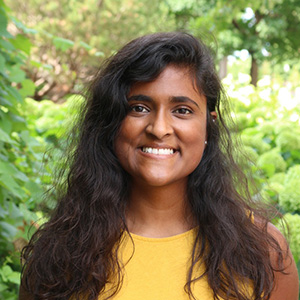
Judee Sharon is a Cal alumna with a Ph.D. from the University of Minnesota. She is currently Co-founder and CEO of KuriBio, an early stage biotech company. At KuriBio, Judee has developed a nanotech-based platform for early detection of cancers that are typically detected at later stages and that have a high mortality rate, such as pancreatic cancers. Her technology is based on liposomal nanoparticles that quantitatively indicate the presence of a growing tumor. Judee envisions being able to multiplex her platform for concurrent detection of various cancers in one single test. The WIES fellowship will provide Judee with business mentorship, lab space, and funds for additional R&D to de-risk her technology.
Mimi Guo
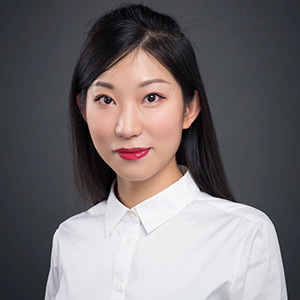
Mimi Guo is currently a postdoc in the Schaffer lab at UC Berkeley, where she engineers new AAV for enhanced gene delivery in the central nervous system. Mimi has a diverse educational background, including prior experience in mechanical engineering. Her goal is to develop therapeutic approaches for neurological diseases by evolving AAV to genetically manipulate specific cell types in the CNS. During the WIES fellowship year, Mimi aims to identify and optimize AAV variants through directed evolution and machine learning. She will also work on developing therapeutic payloads and validate their effects on human brain samples. Successful completion of the project will yield new treatment strategies for neurological diseases.
Carlotta Ronda
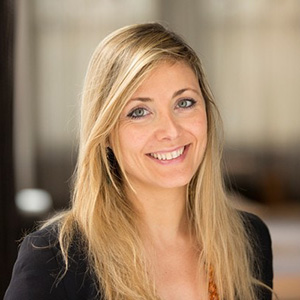
Carlotta Ronda is an IGI Investigator on the microbiome editing team. Her proposal is centered around her demonstrated expertise in editing microbes, and her idea of developing therapies for eye diseases by editing microbes already present in the eye microbiome to continuously deliver therapeutic molecules to the eye’s surface. The first product coming out of her platform would be a therapy for glaucoma. In the WIES fellowship year Carlotta would develop an early proof-of-concept of the ocular microbiome editing technique using fluorescent reporters to demonstrate editing capacity while also optimizing delivery methods of engineered microbes for stable colonization of the eye.
Julia Turnšek
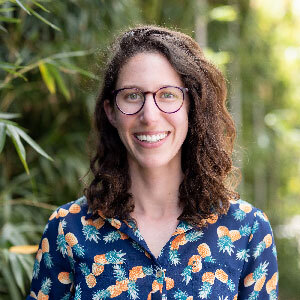
Julia Turnšek has recently completed her Ph.D. in the Savage lab at the IGI, where she is currently an HHMI postdoctoral fellow. Julia is in the ideation stage of her project and is looking to break into the multi-billion dollar fertilizer market for the agriculture industry. Current phosphorus fertilizer is mined from rock (which is extremely polluting and damaging to the environment). She envisions creating an enzymatic soil amendment to unlock phosphorus (phosphate) which currently exists in the soil, but in forms that are inaccessible to plants. Enzymatic amendments would eliminate the need for phosphorus fertilizer inputs, and would also contribute to reducing fertilizer overuse, which is costly and polluting. She believes the WIES program would be a perfect venue to generate proof-of-concept data, and to gain entrepreneurial and business acumen.
For more information on the WIES program, visit the WIES program webpage.
Media contact: Andy Murdock andymurdock@berkeley.edu

